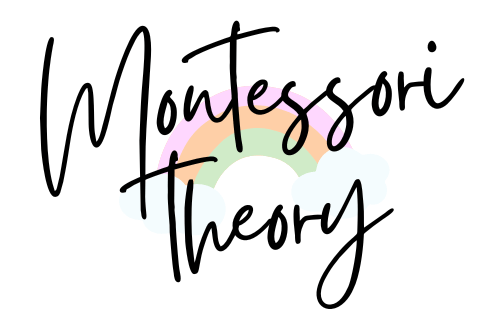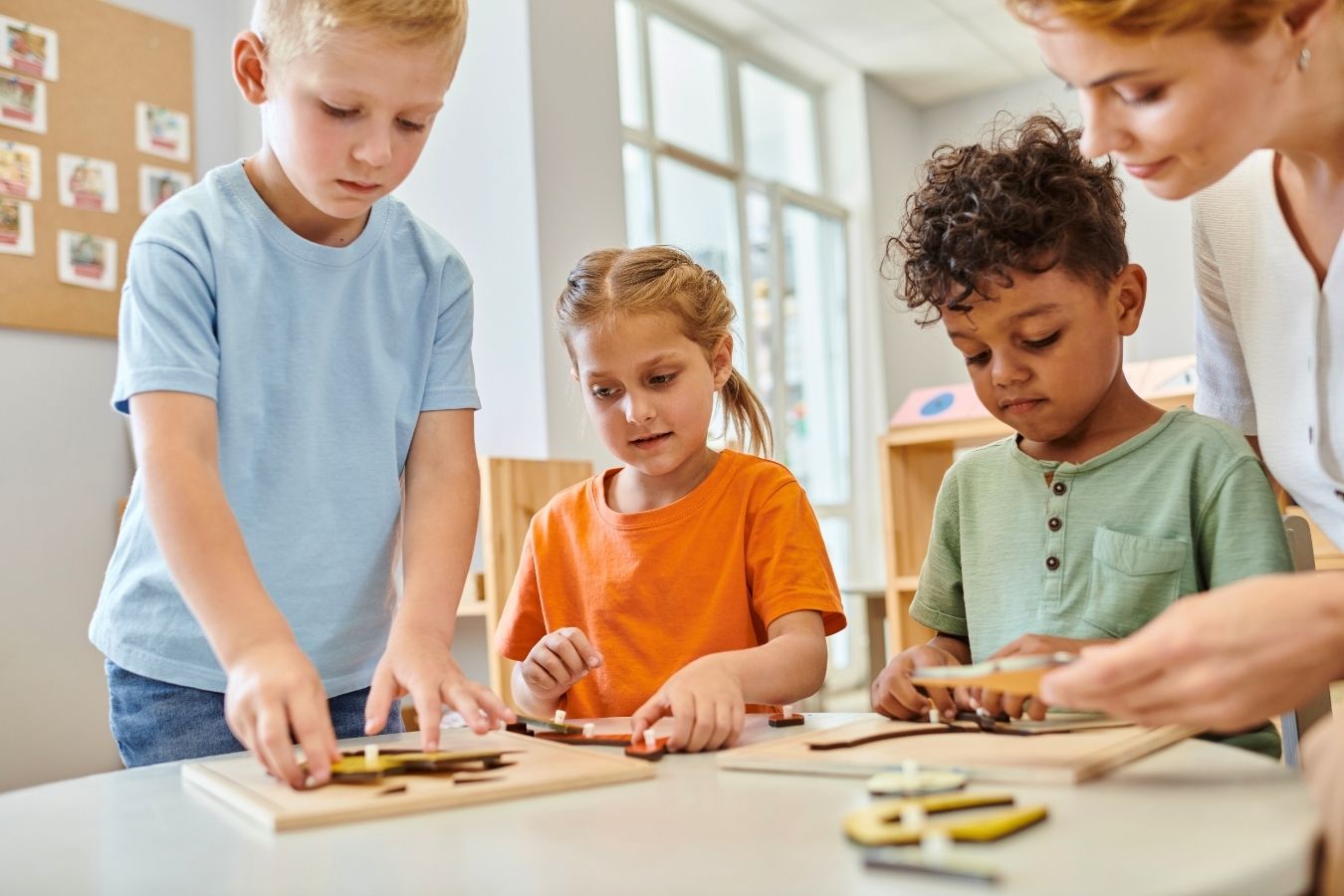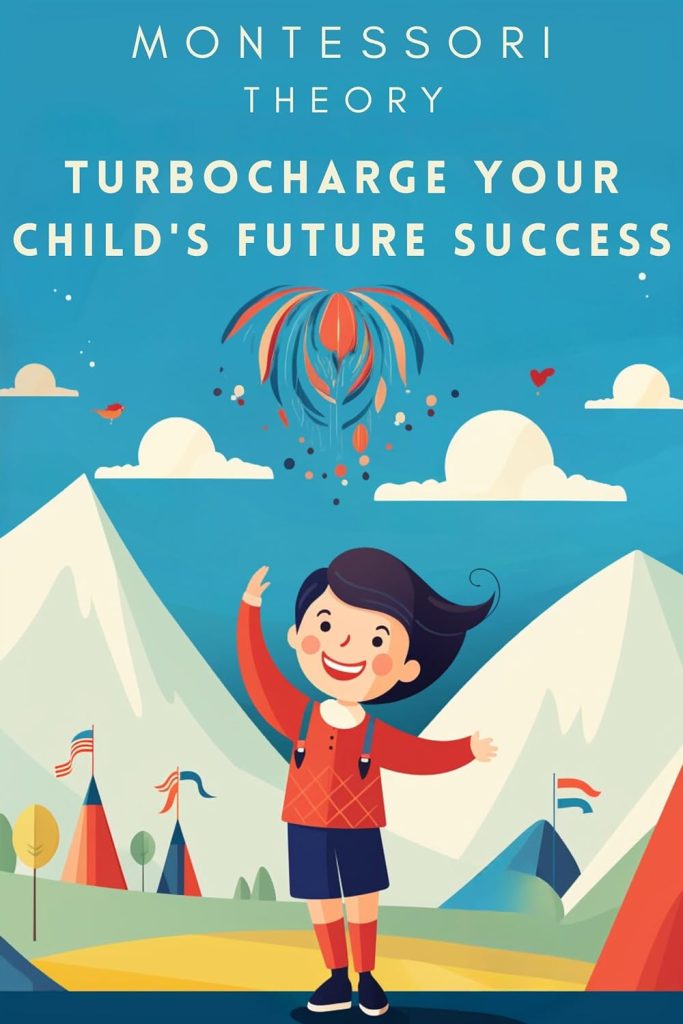Montessori education, often celebrated for its innovation, faces scrutiny as critics question whether it’s truly forward-thinking or merely a relic masquerading as progress. This juxtaposition sparks a vibrant dialogue among educators, parents, and policymakers, challenging us to reassess the relevance of Montessori principles in today’s rapidly evolving educational landscape. As we navigate this debate, it becomes crucial to explore the origins, applications, and outcomes of the Montessori method to understand its place in contemporary education.
The Roots of Montessori Education
Developed over a century ago by Dr. Maria Montessori, this educational approach was revolutionary, emphasizing self-directed learning, mixed-age classrooms, and specially designed learning materials. Montessori’s vision was to create an environment where children could explore their interests at their own pace, fostering a love of learning, independence, and social responsibility. Despite its early 20th-century origins, proponents argue that the Montessori method’s core principles are timeless, offering a stark contrast to the traditional, rote-learning models that dominate mainstream education.
Adapting to the 21st Century
Critics argue that the Montessori method, with its century-old roots, may not align with the demands of the 21st-century world, where technology and digital literacy play a pivotal role in education and society. They question whether Montessori’s hands-on, material-based approach can adequately prepare students for the challenges of the digital age, from coding and programming to digital communication and information literacy.
However, supporters counter that Montessori education is not static but rather dynamic and adaptable. They highlight how modern Montessori schools have incorporated technology into the curriculum, using it as another tool to support student-led exploration and learning. Far from being a relic, they see Montessori education as a progressive model that emphasizes critical thinking, creativity, and adaptability—skills that are increasingly recognized as essential in navigating the complexities of the modern world.
Montessori Outcomes in Focus
The debate often centers on the outcomes of Montessori education. Detractors question whether the self-directed nature of Montessori learning can provide students with the rigorous academic foundation and discipline needed in higher education and beyond. In contrast, advocates point to research showing Montessori students excel not only academically but also in social and emotional development, equipped with a strong sense of self, empathy, and a capacity for collaborative problem-solving.
This academic and personal growth is further supported by studies indicating Montessori students often outperform their traditionally schooled peers in standardized tests, showcasing their ability to meet and exceed conventional academic expectations. Furthermore, Montessori alumni frequently cite their early education as pivotal in developing critical life skills such as independence, innovation, and adaptability—qualities that are increasingly valued in today’s global society.
The emphasis on practical life skills, from conflict resolution to self-management, prepares students for real-world challenges, bridging the gap between academic learning and life outside the classroom. This comprehensive development underscores the effectiveness of the Montessori method in fostering not just well-rounded learners, but also well-rounded individuals ready to contribute to society.
A Diverse Educational Landscape
As we consider whether Montessori education is a relic or a beacon of progress, it’s essential to acknowledge the diversity within the educational landscape. Montessori offers an alternative to traditional pedagogies, catering to students who thrive in environments where they can learn at their own pace and follow their interests. The method’s emphasis on holistic development, respect for the child, and fostering a lifelong love of learning offers a compelling argument for its continued relevance and adaptability.
This diversity in educational approaches enriches the fabric of our educational system, providing options that accommodate a wide range of learning styles and preferences. By recognizing and valuing this diversity, we can ensure that education remains dynamic and responsive to the needs of all learners, preparing them for a future where adaptability and holistic understanding are key. Montessori’s place within this landscape speaks to its enduring legacy and potential to evolve, challenging us to reimagine education in a way that truly embraces every child’s potential.
Montessori’s Place in Modern Education
The conversation about Montessori education’s relevance is far from black and white. It invites us to reflect on what we value in education and how best to prepare our children for the future. In an era marked by rapid technological advancements and shifting societal needs, the Montessori method— with its focus on developing independent, thoughtful, and compassionate individuals—may be more relevant than ever.
As this debate unfolds across comment sections and social media platforms, it’s clear that the discourse surrounding Montessori education reflects broader questions about the evolution of teaching and learning. Whether viewed as a relic or a roadmap to the future, the enduring discussion around Montessori education underscores the importance of continually reassessing and evolving our approaches to education to meet the needs of each new generation.


